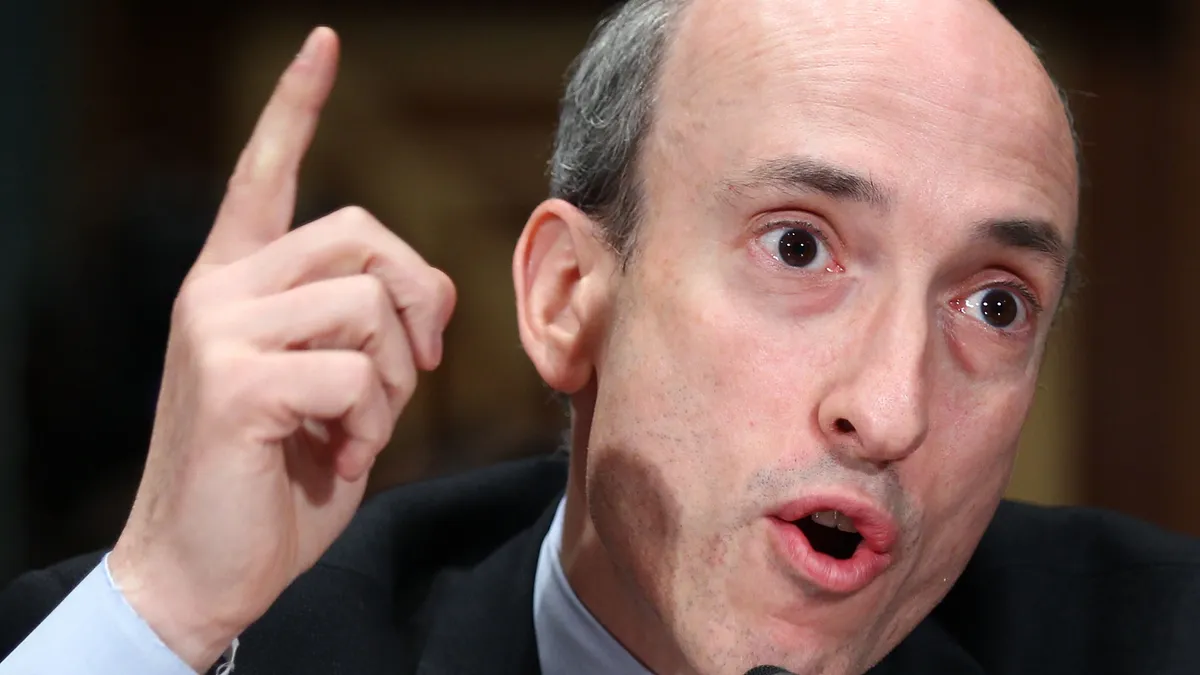Management gurus have told C-suite executives for years that “if you can’t measure it, it doesn’t exist.”
By that rule, CFOs have little reason to doubt the existence of best practices for corporate sustainability. They can choose from more than 15 different frameworks for measuring environmental, social and governance (ESG) performance.
The array of choices poses a challenge to CFOs. The frameworks are inconsistent and defy easy comparison of one company to another. The jumble of benchmarks creates confusion and prompts stakeholder allegations of “greenwashing,” or claims that some CFOs are exaggerating their ESG performance. Ultimately, it has slowed the adoption of ESG standards.
“All these different methodologies are leading to a serious practical problem of fragmentation,” according to Shari Littan, director for corporate reporting research and policy at the Institute of Management Accountants. “Companies are unsure about what to report on.”
Standard-setters aim to bring clarity to sustainability measurement. The supervisor for global accounting rules announced on Nov. 3 the creation of a board to draw up disclosure guidelines for ESG practices, including carbon emissions.
The launch of the International Sustainability Standards Board (ISSB) at the COP26 climate conference in Glasgow responds to rising pressure from investors, lawmakers and other stakeholders for consistent, standardized rules for ESG disclosure.
Facing similar pressure, corporate boards have stepped up efforts to ensure adherence to ESG best practices.
The proportion of directors who say their companies have linked ESG to business strategy surged to 64% this year from 49% in 2020, PwC said, citing a survey of 851 directors. Seventy-three percent of directors are focused on keeping up with regulatory guidance on ESG, according to BDO, which surveyed 230 directors. Both surveys ranged across industries.
Burning issue
“Board members now report that ESG is the No. 1 topic investors most want to discuss with directors during shareholder engagements,” according to PwC. “However, the value of ESG initiatives extends beyond satisfying shareholders’ growing interest: Directors understand ESG efforts are good for business and will contribute to long-term stability and growth,” BDO said.
Calls from investors for standardized ESG benchmarks prompted Securities and Exchange Commission Chair Gary Gensler to ask agency staff for a proposal on mandatory climate risk disclosures.
Gensler wants to provide investor access to “consistent, comparable, and decision-useful disclosures.” Such reports may be required in an expanded Form 10-K and describe a company’s direct and indirect carbon emissions, including those by suppliers and partners in its “value chain,” he said in July. The stakes of sustainability disclosures are rising for investors and CFOs.
Global ESG investment soared 55% to $35.3 trillion last year from $22.8 trillion in 2016, according to the Global Sustainable Investment Alliance. The total will probably exceed $50 trillion by 2025, making up more than one third of the projected $140.5 trillion in global assets under management, according to Bloomberg.
CFOs and their C-suite colleagues face scrutiny over sustainability from many institutional and retail investors. Almost half (49%) of asset managers and other top investors worldwide are willing to divest of companies that fail to sufficiently follow ESG best practices, according to a survey by PwC.
“ESG has now become a make-or-break consideration for leading investors globally,” PwC said.
When endorsing ESG principles, CFOs can gain valuable insights by gauging environmental impact such as carbon emissions.
ESG measurement can reveal ways to curb risk, eliminate waste and cut the cost of capital through “green financing,” according to accountants and experts in sustainability measurement.
With a clearer view of ESG performance, a CFO can also improve capital allocation by identifying merger and acquisition opportunities or business lines that are difficult to switch to low-carbon operations and ripe for divestiture.
“More and more people are seeing opportunities with respect to ESG — creating new products, developing new materials, finding new ways to get a product to market,” according to Robert Hirth, co-vice chair of the Sustainability Accounting Standards Board (SASB).
Read more about all of these ideas:


























